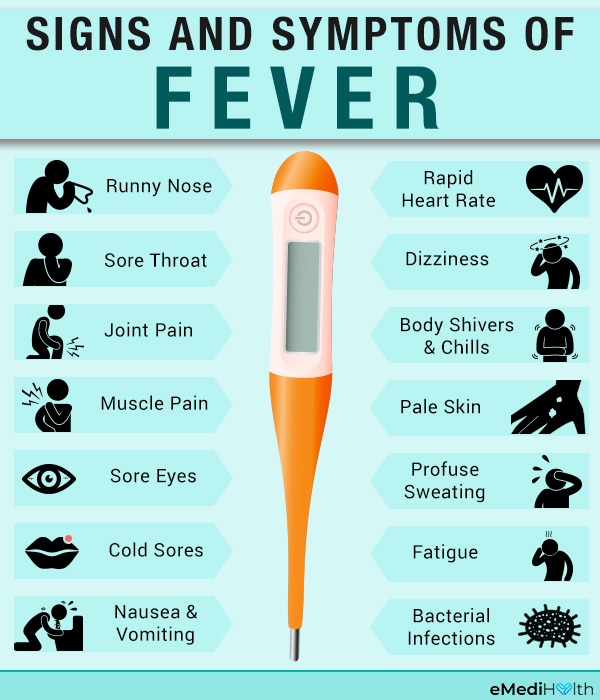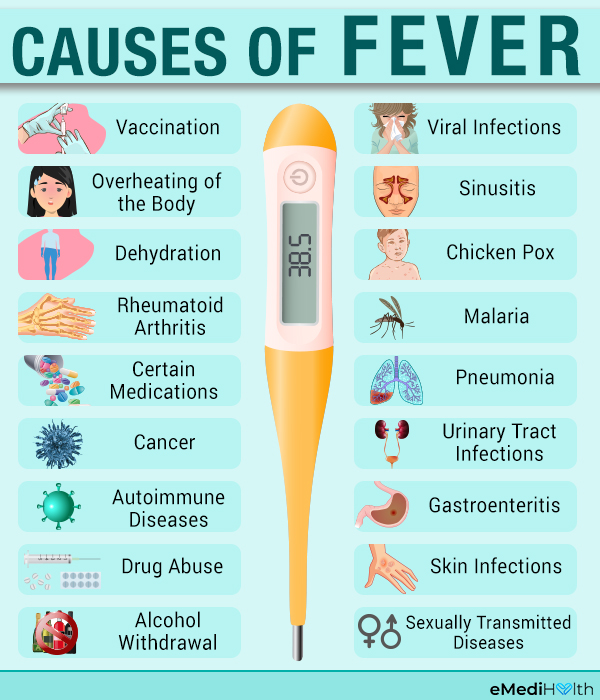What Causes High Fever In Adults
Are you feeling feverish? Do you experience a sudden rise in body temperature accompanied by shivering, sweating, and fatigue? If yes, then you might be suffering from a fever, which is a common medical condition that can be caused due to various reasons like infections, inflammatory diseases, and medication side effects.
Fever Stages and Symptoms
Fever has three stages, including:
- Onset: It is the initial stage when your body temperature starts to rise due to an underlying cause. You may experience body ache, fatigue, and loss of appetite during this phase.
- Plateau: In this stage, the body temperature remains high but stable. You may experience sweating, chills, and shivering.
- Resolution: This stage marks the gradual decline in body temperature as the underlying cause of fever is treated or resolved. You may feel exhausted and weak during this phase.
Some common symptoms of fever include:
- Elevated body temperature
- Chills and shivering
- Fatigue and weakness
- Nausea and vomiting
- Loss of appetite
- Sweating
- Headache
- Dizziness
- Rapid heartbeat
Causes of Fever
Fever can be caused due to a variety of reasons, including:
- Infections: Bacterial, viral, and fungal infections can cause fever. Common ailments like the flu, cold, ear infections, and urinary tract infections can also cause fever.
- Inflammatory diseases: Rheumatoid arthritis, lupus, and other autoimmune disorders can cause fever as the body's immune system fights inflammation.
- Medications: Some medications like antibiotics, antihistamines, and seizure medications can cause fever as a side effect.
- Cancer: Some cancerous tumors can cause fever as they release chemicals that affect the body's temperature regulation system.
- Heatstroke: Exposure to extreme heat and humidity can cause heatstroke, which can lead to fever.
Medical Treatment of Fever
Medical treatment for fever depends on its underlying cause. Antibiotics can be prescribed for bacterial infections, while antiviral medications can be used to treat viral infections. Non-steroidal anti-inflammatory drugs (NSAIDs) like ibuprofen can be used to lower fever and relieve pain.
Preventive Measures
You can take preventive measures to avoid fever, including:
- Washing your hands regularly and sanitizing surfaces
- Avoiding close contact with people who are sick
- Practicing good hygiene habits
- Taking appropriate medications as prescribed
- Eating a balanced diet and staying hydrated
- Getting enough rest and exercise
- Avoiding exposure to extreme heat and cold
Fever is Common - Don't Panic
Fever is a common medical condition that affects people of all ages. While it may be uncomfortable and distressing, it usually goes away on its own or with medical treatment. If you experience persistent or high fever, seek medical advice immediately.
Images for Reference

Figure 1: Fever Stages, Causes, Symptoms, and Medical Treatment
